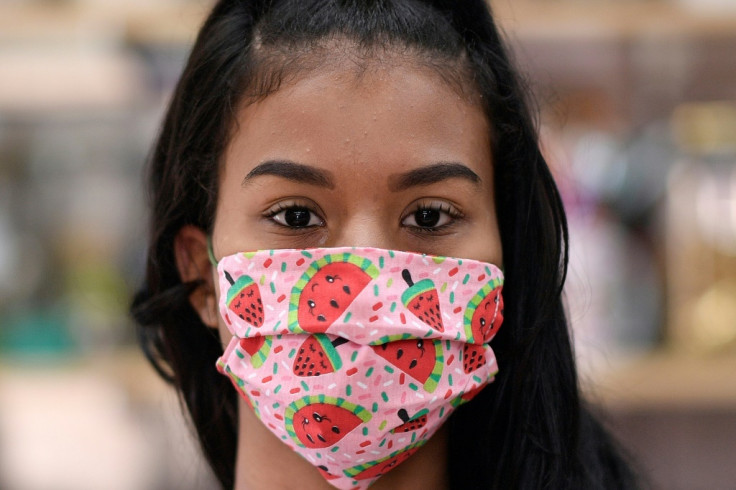Parents, caregivers, in poorer health and more stressed amid pandemic
Many caregivers are feeling more stressed and exhibited poorer physical health as they are trying to balance family and work amid COVID-19 woes.
The pandemic has not just affected the mental health of frontline workers, but it has also made many parents and caregivers more stressed. An analysis showed that those who are now taking care of their families at home, juggling work, and taking precautions against COVID-19 seem to have taken a huge impact in terms of their physical and mental health.
A national analysis entitled, "The Impact of Caregiving on Mental and Physical Health," evaluated approximately 6.7 million caregivers who are insured by Blue Cross Blue Shield Association in the United States. It showed that across homes, caregivers are feeling the added pressure.
Using insurance data in order to identify health trends, the analysis revealed that 26 percent of caregivers, who were not paid, are feeling more stressed and exhibited poorer physical health as they are trying to balance family and work amid COVID-19 woes. There was a striking difference between the stress levels of caregivers today, as compared to the pre-coronavirus period.
Alex Drane, co-founder and CEO of Archangels, a movement that recognises and honours caregivers, emphasised that the stress of caregiving is real. However, he also pointed out that many people would not even seek help. Dane also mentioned that when one is a caregiver, he is also lonely, and that has clinical implications.
The analysis also noted that the ones who are hit the hardest are millennials, those between 24 and 39. They are the ones who are more prone to suffer from hypertension, depression, and obesity. They are also the ones who show the highest probability of visiting the emergency room or being hospitalised.
Aside from the staggering health issues, mental health is also greatly affected. The analysis showed that around 57 percent reported significant levels of stress, depression, and anxiety. There are even others who would turn to unhealthy behaviours. Some of the coping mechanisms mentioned in the analysis include alcohol, medication, and even food, with the latter being the most prevalent way caregivers cope with stress.
A mom and a hairdresser in Georgia, Raquel Minina, narrated to CNN that what she is going through right now is exhausting. Like with other parents, she cares for her 11-year-old son who is suffering from dyslexia and ADD, assists him while he's learning from home, and at the same time works for her family. As it is very stressful, Minina said that she just keeps telling herself that it will be over once they get a vaccine.
© Copyright IBTimes 2025. All rights reserved.






















